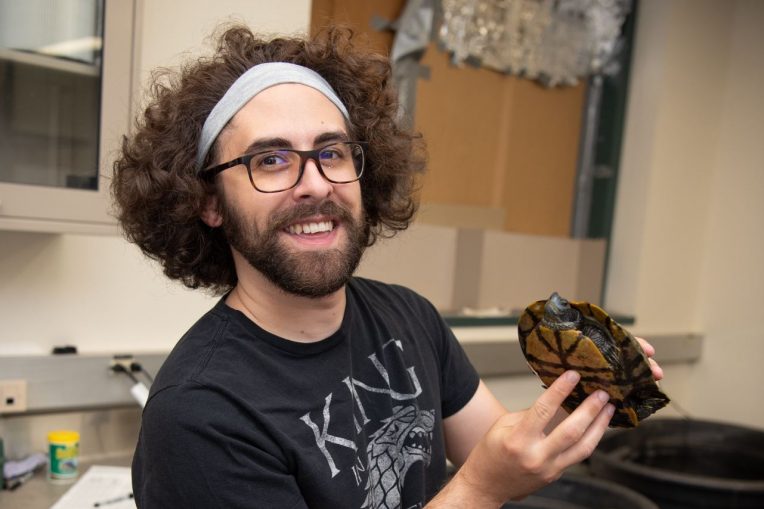Dr. H. Tak Cheung began his Illinois State career in 1979 as an assistant professor of microbiology in the area of immunology. He became a full professor in 1989 and department chair in 1997. Dr. Cheung became the executive director of the School of Biological Sciences in 2008.
Dr. Cheung created the Dr. H. Tak Cheung Endowment Fund for the Student Publication Award to acknowledge the success of undergraduate and graduate students in scientific literature based on their published work. Establishing the endowment was a way for him to promote the work of budding scholars.
“Receiving an award early on in your career can motivate you to keep researching and pursuing career-enhancing opportunities,” said Dr. Cheung, who is grateful for matching contributions made by Dr. Lauren Brown and Phi Sigma in 2010. The endowment fund is now named the Chung, Brown, Phi Sigma Award for Student Publications.
The endowment is awarded to a student who is in academic good standing and the first author on their publication. Recipients’ research must be the main focus of their thesis or dissertation, and the publication can be made prior to graduation or 12 months following.
Tony Breitenbach is a graduate student in biology and one of the 2021 recipients. He researches how natural, fluctuating temperatures affect sex determination in freshwater turtles. Environmental temperatures during embryonic development can determine whether the animal develops into a male or female.
Breitenbach received the Cheung, Brown, Phi Sigma Award for Student Publications for his article “Using naturalistic incubation temperatures to demonstrate how variation in the timing and continuity of heat wave exposure influences phenotype,” which was published in the journal Proceedings of the Royal Society B in August 2020. The article investigated how the timing and continuity of heat wave exposure affects sexual development and underlying gene expression in a turtle with temperature-dependent sex determination (TSD).
“I was proud to have this publication—my very first publication—recognized for this scholarship,” said Breitenbach, who wants to continue studying TSD. Research started in 1966 upon accidental discovery, and there are still many unanswered questions. This is because the vast majority of TSD research used constant incubation temperatures, which do not reflect natural, fluctuating temperatures that animals in nests experience.

